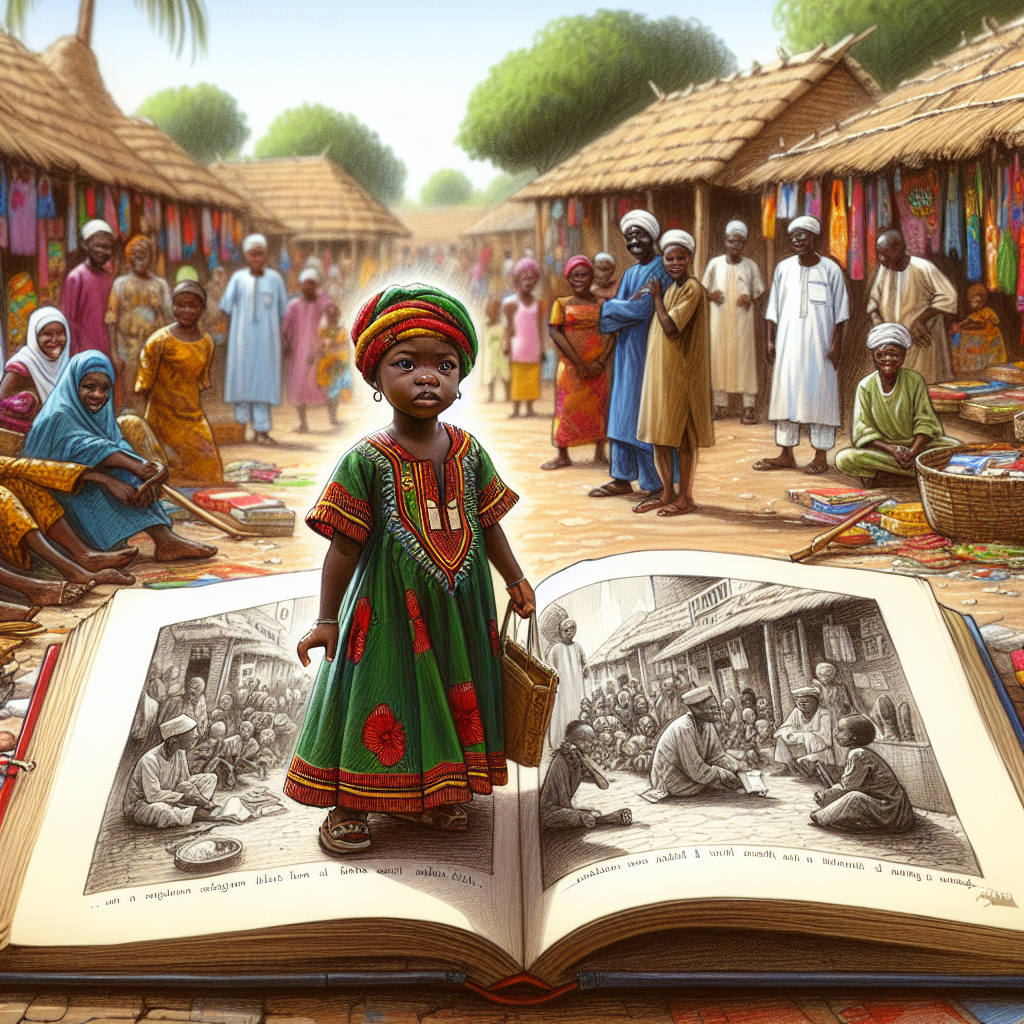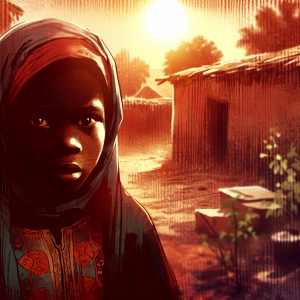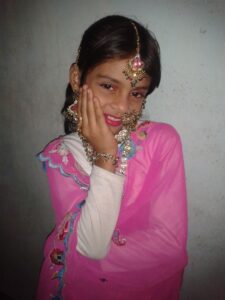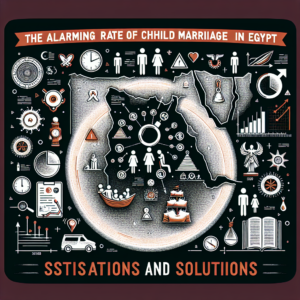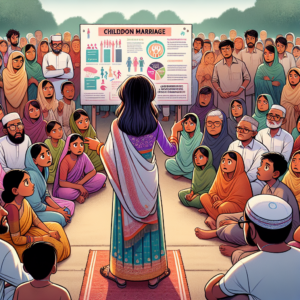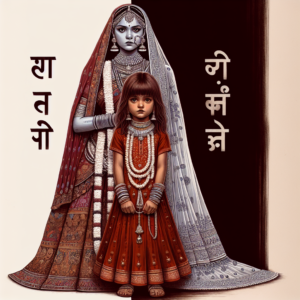#ChildMarriage #EndChildMarriage
Combating Child Marriage in Gambia: A Movement for Change
In various corners of the globe, child marriage persists as a grave violation of human rights, with Gambia being no exception. This detrimental practice deprives children, particularly girls, of their youth, obstructing their educational pursuits and personal growth. In Gambia, a collective effort involving activists, local communities, and governmental bodies is underway to safeguard children’s rights and foster gender equality. This piece explores the endeavors to eradicate child marriage in Gambia, spotlighting the obstacles encountered and the tactics adopted to surmount them.
A Closer Look at Child Marriage in Gambia
Child marriage, defined as a formal or informal union before 18, is a complex issue in Gambia, deeply ingrained in the societal fabric and affecting numerous young girls. Its roots are multifaceted, with poverty, educational deficits, and rigid gender norms driving the practice.
Advancements in Legal Efforts
Gambia has seen notable progress in legally combatting child marriage. A landmark move in 2016 saw the enactment of laws prohibiting child marriage under 18, laying a critical foundation for child protection and setting a precedent for punitive measures against offenders.
Yet, the challenge lies in law enforcement, particularly in isolated regions, and bridging the gap between legal statutes and societal attitudes, necessitating both legal and cultural shifts.
The Impact of Education
Education stands as a formidable weapon in the battle against child marriage, empowering girls with knowledge and opportunities beyond matrimony and challenging traditional views on women’s societal roles, thus promoting gender equality.
“Educate a girl, and you change the community,” encapsulates the transformative power of education in altering societal norms that fuel child marriage.
Engaging the Community for Change
Addressing entrenched cultural practices requires whole-community involvement. The participation of community leaders, parents, and the youth is essential. Awareness campaigns are pivotal in enlightening communities on the perils of child marriage and the significance of girls’ education.
Leading these initiatives are local and international NGOs, orchestrating workshops, seminars, and dialogues aimed at altering perceptions and advocating for children’s rights.
Testimonies of Resilience
The campaign against child marriage in Gambia is enriched with stories of resilience and bravery. Activists, many of whom are child marriage survivors, are at the forefront of this fight. Their narratives underscore the critical importance of championing children’s rights.
“I am a survivor, not a victim,” declares an activist. “By raising my voice, I aspire to shield others from this fate.”
These personal accounts bring a human face to the issue, transcending mere statistics to reveal the real impact of child marriage.
Persistent Challenges and Hurdles
The journey to abolish child marriage in Gambia is fraught with challenges, including resistance from certain community factions, pervasive poverty, and educational barriers. The COVID-19 pandemic has further complicated the situation, leading to a surge in child marriage cases in specific locales.
A multifaceted strategy that encompasses legal, educational, and community-based interventions is essential to address these challenges, demanding continued commitment and resources from both local and global actors.
Moving Forward
The crusade against child marriage in Gambia is a work in progress, demanding unwavering dedication from all stakeholders, including the government, NGOs, community groups, and international allies. Essential strategies comprise:
- Fortifying Legal Frameworks: Guaranteeing the full enforcement of child marriage laws and accountability for offenders.
- Championing Education: Investing in girls’ education to ensure all children have access to safe and inclusive schooling.
- Mobilizing Communities: Collaborating with community figures and members to transform attitudes and norms regarding child marriage.
- Empowering Survivors: Offering support and opportunities for girls impacted by child marriage to reconstruct their lives.
Conclusion
The ongoing struggle against child marriage in Gambia symbolizes the resilience and resolve of activists, communities, and governmental entities. It represents a fight for children’s rights, gender equality, and the nation’s future. As the global community strives towards the Sustainable Development Goals, eradicating child marriage is imperative for progress.
As human rights advocate Nada Al-Ahdal remarked, “Protecting human rights is not an option, but a responsibility of us all” [@nadalahdal]. This sentiment underscores the collective duty to oppose child marriage and safeguard the rights of all children. The journey is lengthy, but with persistent efforts and dedication, dismantling the chains of child marriage in Gambia is achievable.
#NadaFoundation
#ChildMarriage
#Nada_Foundation
#NadaAlahdal
#Breaking #Chains #Fight #Child #Marriage #Gambia
breaking-the-chains-the-fight-against-child-marriage-in-gambia



